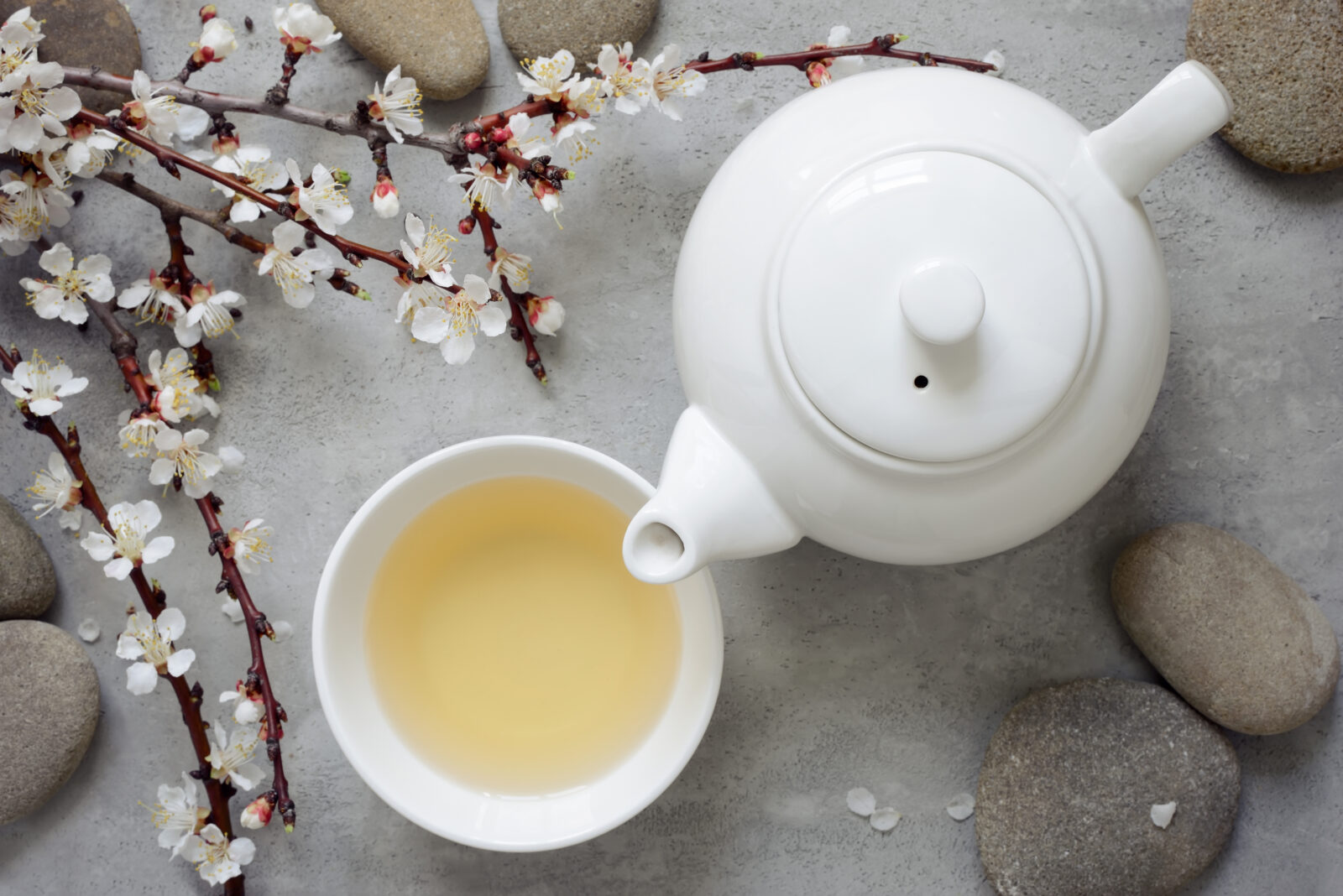White Tea Bolsters Antioxidants, Boosts Wellness and Tastes Sublime
Most people are quite familiar with black and green teas. Oolong no longer befuddles many consumers. Puerh remains relatively unknown, but its distinction—the only major style of tea that is fermented—is clear.
And then there’s white tea. We think it offers the most mystery.
For one thing, the name suggests the beverage will come across as bland—just like the color. But white refers to the appearance of the tea leaves. Tea farmers harvest white tea when the tea bud still hasn’t fully unfurled, and small white hairs cover the bud. Either way, white tea’s flavors thrill with a wide range of taste sensations, never mind the color of the tea itself.
In addition, while oxidation levels determine much about the look and flavor of green, black and oolong teas it’s less important with whites. The teas are largely unoxidized, save for the little bit they experience during processing. This makes them especially close cousins to green tea, which receive no oxidation. Rather than oxidation levels, it’s the youth of the leaves and buds that contributes the most toward white tea’s beverage advantages.
We sip white tea year-round, often brewing it in the afternoon for a low-caffeine pick-me-up, one packed with flavor and health. And it’s extremely thirst-quenching when iced; a perfect treat during a sweltering day. With summer around the corner, now is a grand time to begin exploring the glories of white tea.
White tea and health
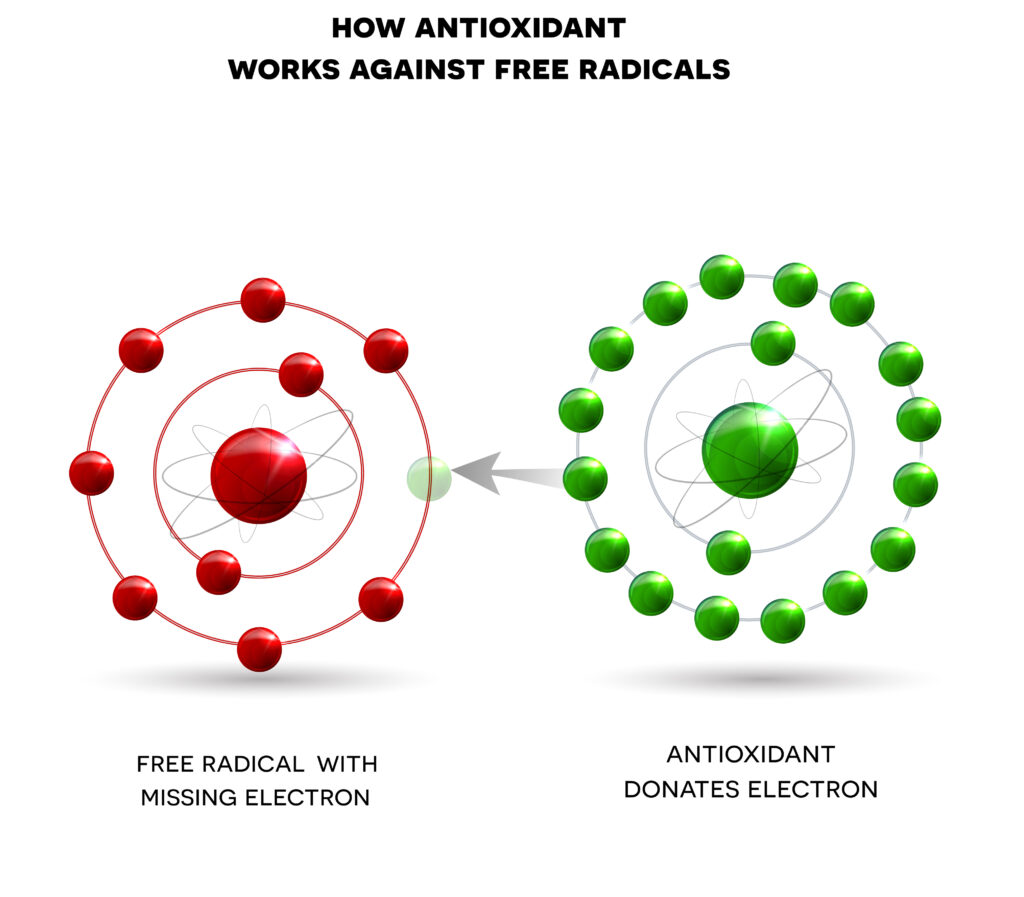
As with all teas, white tea also delivers profound wellness benefits. This is one of the many things we adore about tea—it’s delicious, extremely diverse and wildly healthy.
Among other things, polyphenols called catechins flood white tea. These molecules serve as antioxidants, protecting cells from damage caused by destructive compounds in the body called free radicals. In essence, antioxidants spend a lot of their time battling against the ravages of free radicals. An over-abundance of free radicals can lead to unhealthy aging, chronic inflammation, denigrated immune systems and an inventory of other nasties. Strengthening antioxidants, on the other hand, promotes vigor.
One study found that extract of white tea can promote health by protecting cells from hydrogen peroxide, a free radical. Another one, examining health benefits of white tea powder, discovered that it can reduce inflammation in human skin cells due to the activity of free radicals.
Polyphenols also have been linked to reducing the risk of heart disease. Several studies examining polyphenols found they can help relax blood vessels and boost immunity. Studies, too, have correlated tea polyphenols with reduction of “bad” LDL cholesterol. Do tea drinkers have better luck sidestepping heart disease? One analysis of five studies found that those sipping three or more cups a day enjoyed a 21% lower risk of heart disease.
White tea’s parade of wellness benefits
The catechin epigallocatechin (EGCG), which is found in white tea, seems to offer a number of health benefits. One study found that the white tea extract helped boost the body’s natural ability to break down fat and prevent new fat cells from being formed—and EGCG is largely credited. Weight loss also get impacted by metabolism, and a review of studies concludes that white tea might boost metabolism by up to 5%.
More? There’s plenty. Consider: catechins that are abundant in white tea might suppress cells that break down bones. Given the seriousness of osteoporosis, this stands as another potentially profound health benefit of simply sipping white tea, as well as other teas (catechins are found in all traditional teas. For more about teas and health, consider checking out our Wellness Tea Box, a selection of teas we curated with your health in mind.
Ready to begin exploring white teas? Excellent. We offer some outstanding options.
White Tea for Wellness: Bai Mu Dan White Tea Cake
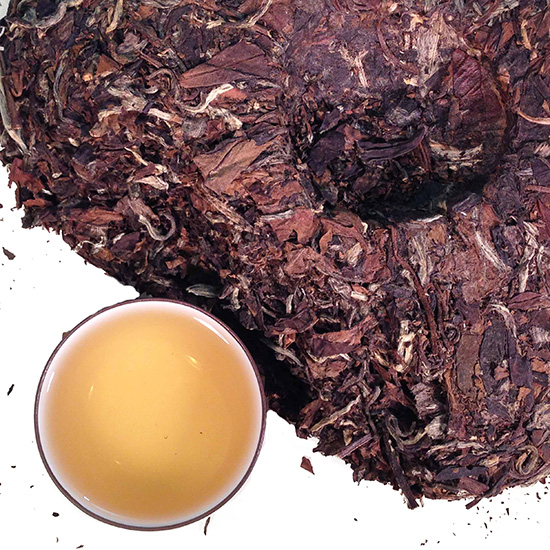
Some white teas, like puerh, get formed into cakes by tea artisans. The practice invites the tea leaves to age with grace, and encourages the development of different flavors and aromas. This unique white tea cake comes from a semi-wild tea garden in Taimu Mountain, which is in China’s Fujian Province. The kind of tea in the cake is called peony white, and it has a thick, textured mouth-feel and a long-lasting sweet aftertaste (called hui gan) reminiscent of wildflower honey.
White Tea for Wellness: Jasmine Silver Needle
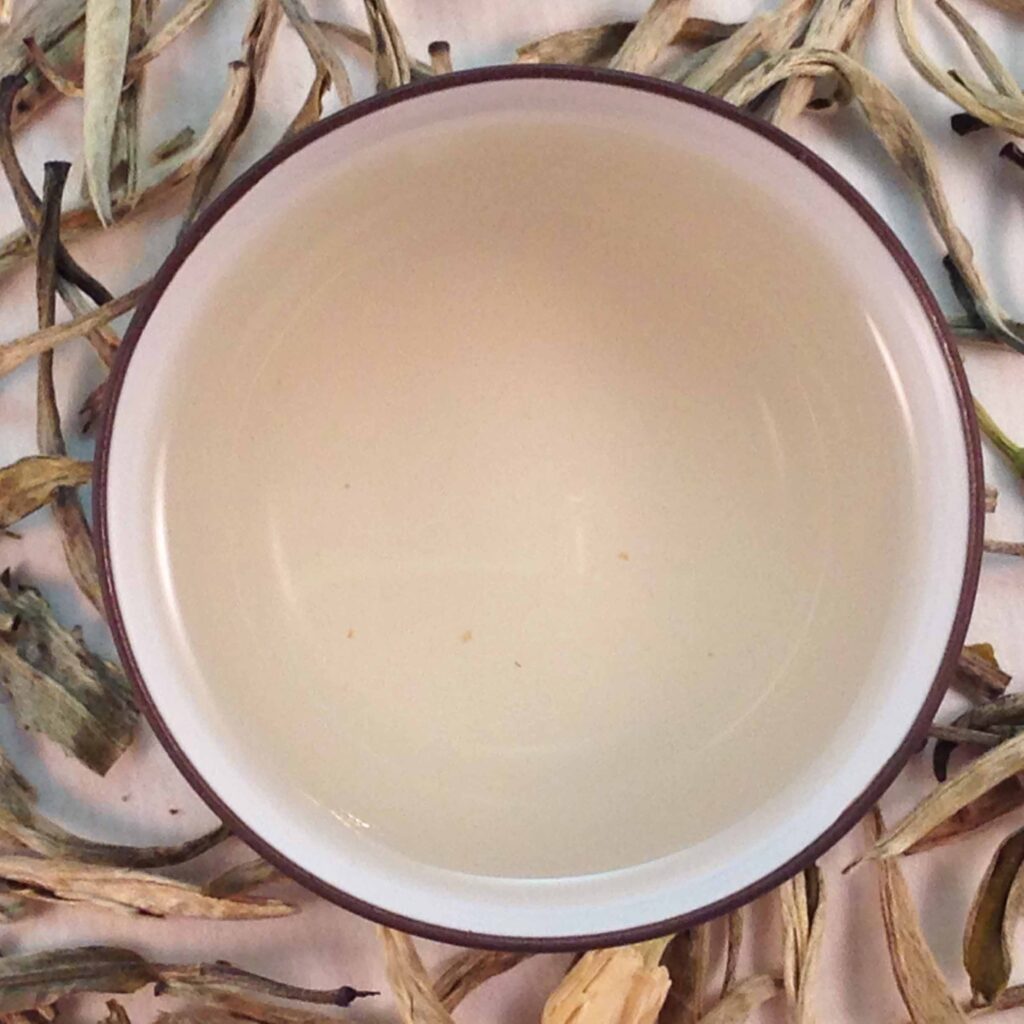
The king of all jasmine teas! And it’s a white version of jasmine tea. For this gem, tea artisans introduce just-plucked jasmine blossoms to harvested tea leaves for six consecutive nights. The process yields an intoxicating fragrance and rich, sweet infusion with a multi-layered flavor.
White Tea for Wellness: Shou Mei White Tea Cake
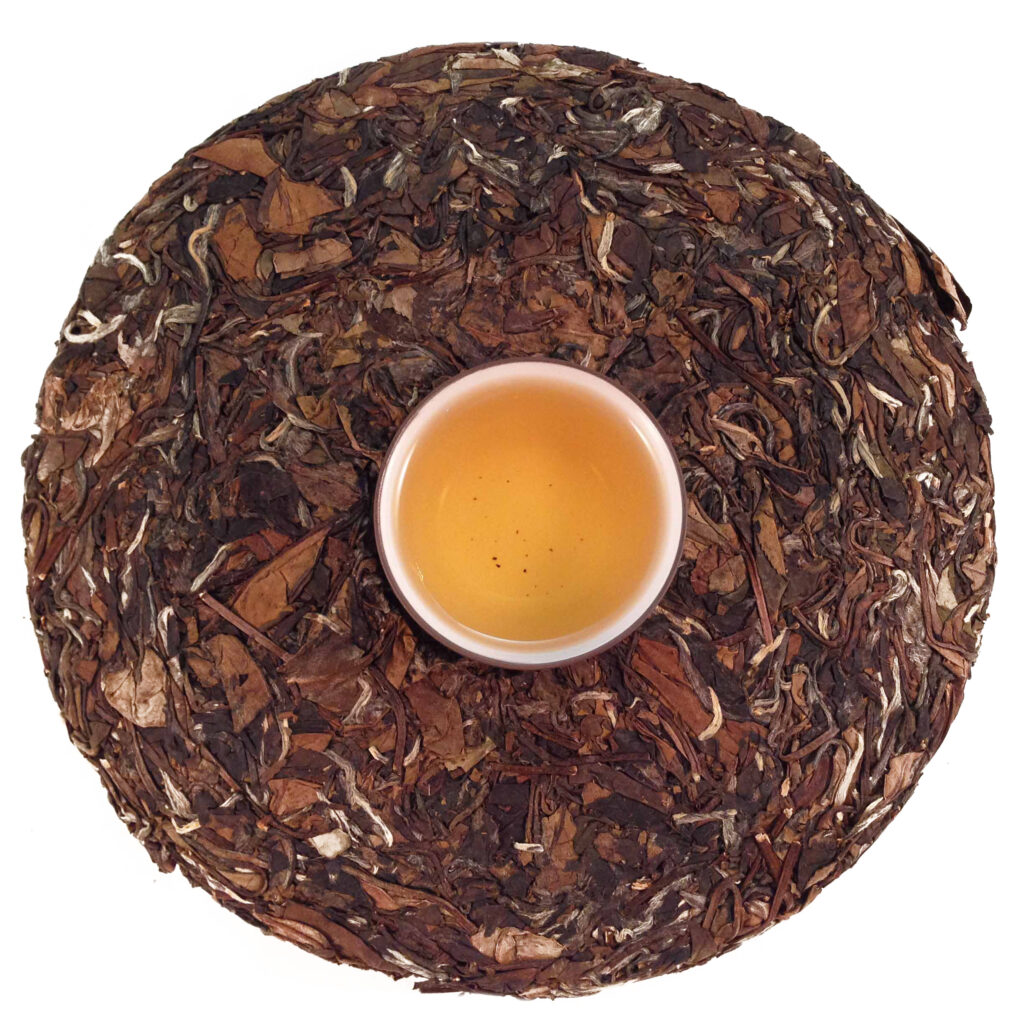
Turning white tea into tea cakes is common in parts of China, especially in coastal Fujian Province. This unique Fujian white tea, called Shou Mei or “Old Man’s Eyebrow” in Chinese, is famous for its medicinal benefits, such as detoxing the body, bolstering the immune system and improving skin complexion. Shou Mei is a good candidate for aging: the taste of the tea will become sweeter and the medicinal benefits will be more intense over time.

